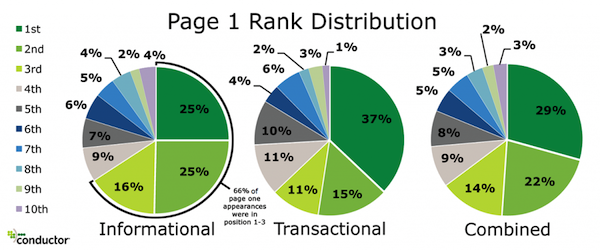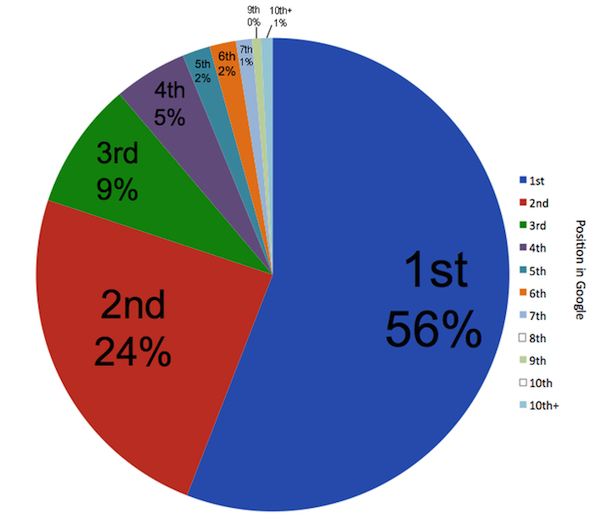The Quality of Google Results on the First Page, Post-Panda and Penguin
Someone recently asked me these compelling questions about the Panda and Penguin algorithm updates that have been released in the past couple of years by Matt Cutts and the Google web spam team.
Is the goal to have the best quality results, or to punish companies for improper SEO practices? At what point, if at all, has Google gone too far and actually denigrated the quality of their top results because they were so anxious to penalize businesses that were utilizing improper SEO practices?
These questions come from a standpoint that many businesses can relate to – especially those that were hit by the one-two punch from Google’s web spam department. Many good businesses often unwittingly hired companies that practiced tactics that floated those businesses to the top of search results – only to see those inflated results come tumbling down months later. The positioning of these rankings had nothing at all to do with the integrity of the businesses themselves, but with the search engine targeting practices they utilized.
Although landscapes of offline and online business are growing increasingly similar as those two worlds merge in a Venn diagram navigable by Google Glass and Siri – I believe the answer to these questions is most simply answered by the model that Wikipedia has set.
The Wikipedia Model of SEO
What truly makes a search engine successful is providing it’s users with the best answer possible. According to research by Intelligentpositioning.com, Wikipedia ranks number 1 for 56% of all searches, and in the top 5 results for 96% of all searches. Conductor corroborated these results, finding that Wikipedia ranked on the first page for 85% of informational queries. On the other hand, Wikipedia has notoriously displayed inaccurate information, and it’s articles are not deemed as reliable citation sources in academics. One could then easily argue, that Wikipedia does not provide the best answer.
What Wikipedia does provide, however, are earmarks that Google has determined belong to the best answer, including all those things that contribute to any responsible SEO efforts including:
-
Unique and in-depth (user generated) content
-
Unique pages that relate to specific key terms (as an encyclopedia, each page is uniquely devoted to one topic or term)
-
Internal linking structure that leads users to other relevant pages (I can’t count how many times I’ve been caught in the Wikipedia maze to eme
-
External links that lead to relevant citation sources from reputable sites
-
Relevant images that relate to the subject matter and are tagged accordingly
-
Consistent updates of subject material
Google would certainly have us believe that by weeding out sites that use improper tactics to get to the top of the SERP heap, they are honing the top search results to the best businesses. I think a more accurate picture is that the top search results reflect the businesses that provide the greatest quantity of quality information to their site viewers. This, which I call the Wikipedia effect, in combination with the signals from social shares and ratings on Google Local and Google+, combine to determine the Google metrics of quality that determine the sites that rise to the top.

